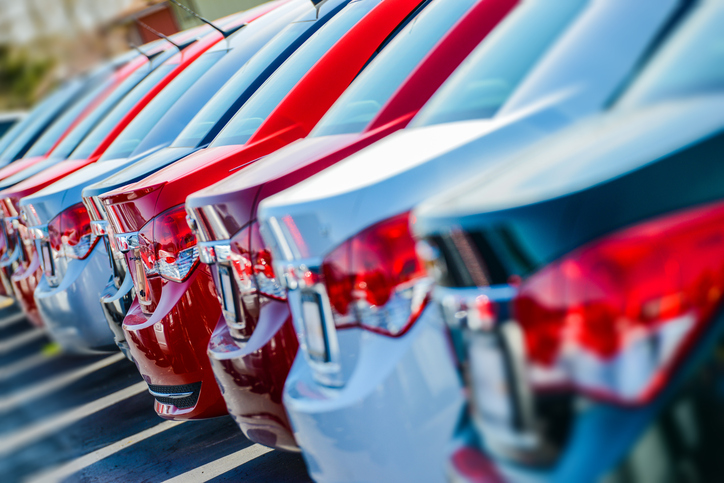
Car buyers are notorious for holding unfair preconceptions about specific brands, models, or price ranges. It leads certain vehicles to struggle to make sales, even when inferior models can skate by on the strength of a name that promises quality, but fails to deliver.
In your career as a mechanic, you might find it useful to be able to debunk these myths. It could help you provide a little guidance to owners looking for a new car to buy, or help you explain that, no, the car they own is not supposed to be basically bulletproof.
Here are three myths you might appreciate having debunked.
1. Students at Mechanic School, It’s a Myth That Pricier Cars Are Always More Reliable
For many products, there’s an assumption that “you get what you pay for.” The thinking is that higher prices should indicate higher quality, and so people who want a lasting product should spend more.
This isn’t always true in the car industry. As Time reports, “often, cars that are high-priced are also high-maintenance.” Manufacturers of more affordable cars—companies like Honda and Toyota—are actually rated as being better for maintenance.
Though luxury vehicles are in the minority, you may find that they are overrepresented among the cars you fix during your auto mechanic career. And if customers approach you looking for a recommendation for a reliable brand, you can feel comfortable referring them to the roster of affordably priced cars.
2. Before Starting Your Auto Mechanic Career, Know It’s a Myth That American Brands Are Bad
Allegations that American cars are less reliable, and won’t enjoy as long of a lifespan as European or Asian cars, have persisted for decades. This likely isn’t true.
In a 2015 survey, JD Power showed that 5 out of 10 American brands outperformed the industry average for the initial quality of a vehicle—the most of any region. While it is true that some American brands like Chrysler rank quite low overall, brands from Asia and Europe are also represented at the bottom tier. After mechanic school, you’ll be seeing cars from all regions come in with a host of problems. American brands likely won’t be any worse overall.

3. It’s a Myth That Cars With Automatic Transmissions Are Always Worse for Fuel Economy
One of the main selling points for manual cars nowadays is that, in addition to usually being cheaper at the outset, they offer better fuel efficiency than automatic vehicles. While this was once true, and is still true for many models today, it’s not always the case.
Cars like the Nissan Versa and Ford Focus are automatic vehicles that offer slightly better fuel economy than their manual counterparts, and other examples exist as well. Improvements in the number of gears and efficiency of automatic shifting are continuing to improve fuel efficiency, and could lead to a point where there’s little to no difference between manual or automatic cars. For now, you can expect most of the manual cars you service as a mechanic to have better economy than their automatic versions, but it’s not a rule that applies across the board.
Are you thinking about becoming a mechanic?
Visit CATI for more information about getting started.
